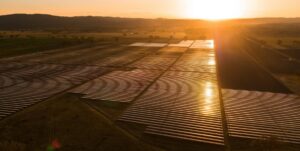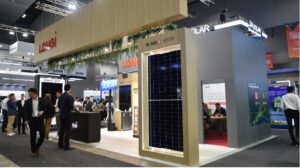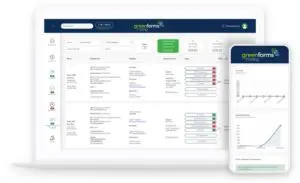PRESS RELEASE
12 August 2019 (IEEFA Australia): IEEFA applauds Friday’s decision of the Independent Planning Commission (IPC) in their rejection of the proposed time extension of a dilapidated underground thermal coal mine closed for 13 years in New South Wales (NSW), as the application did not give due consideration to greenhouse emissions, pollution, groundwater, and noise, as now required since the Rocky Hill decision.
The disused Dartbrook coal mine is in the Hunter Valley, some 10km north-west of Muswellbrook. The extremely high methane intensive mine was closed in 2006 after three miners died over the 12 years of its life, and due to ongoing geological difficulties including water, gas and safety problems.
An application to re-open and extend Dartbrook mine to 2027 had been lodged by Australian Pacific Coal with the NSW IPC.
TIM BUCKLEY, DIRECTOR OF ENERGY FINANCE STUDIES SAYS IEEFA COMMENDS THE IPC’S DECISION as there were many red flags in this project.
“The company’s application was an exercise in smoke and mirrors,” says Buckley.
“Firstly, as Dartbrook Mine ceased operation 13 years ago, this application for re-opening and extending Dartbrook should have been submitted as a new mining development – not an extension. Australian Pacific Coal had already published its intention of making Dartbrook an open cut mine into the future.
“Secondly, at a time when the world is moving away from thermal coal in recognition of its terminal decline, the IPC has remembered Rocky Hill and given due consideration to the cumulative water and emissions impact of adding yet another polluting coal mine to the many already operating in the Hunter Valley. The IPC also listened to the local community which has vehemently opposed this proposal.
“Thirdly, Australian Pacific Coal’s financial health is, frankly, extremely poor. This Australian listed company continues to report operating losses, has negative shareholder equity, and rapidly rising indebtedness. With entirely debt-funded losses stacking up, a demonstration of how the company would fund basic costs to get the severely dilapidated Dartbrook mine up and running again, let alone the future costs of project development, operation, safety and rehabilitation, was missing from the project proposal.”
IEEFA FOUND AUSTRALIAN PACIFIC COAL AND ITS’ ECONOMISTS UNDERSTATED DARTBROOK’S CAPITAL COSTS by a factor of more than 300% and likely overstated revenues and hence royalties by 26%.
“With the mine’s already chequered history, likely capital and management shortcuts would have put mine worker safety, mine remediation and the local community at risk, while overly optimistic forecasts on coal quality issues overstated coal royalty revenue to the NSW government,” says Buckley.
“An independent and impartial assessment of this mine proposal would derive a negative net cost of the mine to the community of NSW, and Australia.”
IEEFA found the proposal assumed a coal price that failed to take into account the structural decline of coal markets internationally since the start of 2018. Global forecasts consistent with a liveable planet show the seaborne thermal coal market will more than halve within two decades – and disappear entirely by 2050. South Korea, Japan and other key Australian export markets are already in a state of volume decline.
“That the world is rapidly transitioning to cheaper renewables in line with the Paris Agreement should be the NSW government’s starting point when considering any proposal for new coal mines, or the re-opening of ‘mothballed’ coal mines such as Dartbrook,” says Mr Buckley.
Over 100 globally significant financial institutions have put in place increasingly strict thermal coal divestment and/or coal lending restrictions.
During 2018, a globally significant financial institution divested from coal and/or introduced an even more restrictive policy on thermal coal on average every two weeks.
SINCE THE START OF 2019, THIS HAS ACCELERATED TO ALMOST ONE NEW ANNOUNCEMENT EVERY WEEK, including QBE Insurance, Suncorp and Chubb U.S. all announcing coal restrictions.
“The Commonwealth Bank is the latest to indicate a new policy restricting coal finance,” says Buckley.
“Further, the Reserve Bank of Australia, the Australian Prudential Regulation Authority and the Australian Securities and Investments Commission have all called for an orderly transition to a low carbon economy, including excluding the building of new coal mines.
“The momentum is electric. Global capital is fleeing the coal sector.
“The government needs to plan for this inevitable technology driven transition undermining NSW’s top commodity export.”










